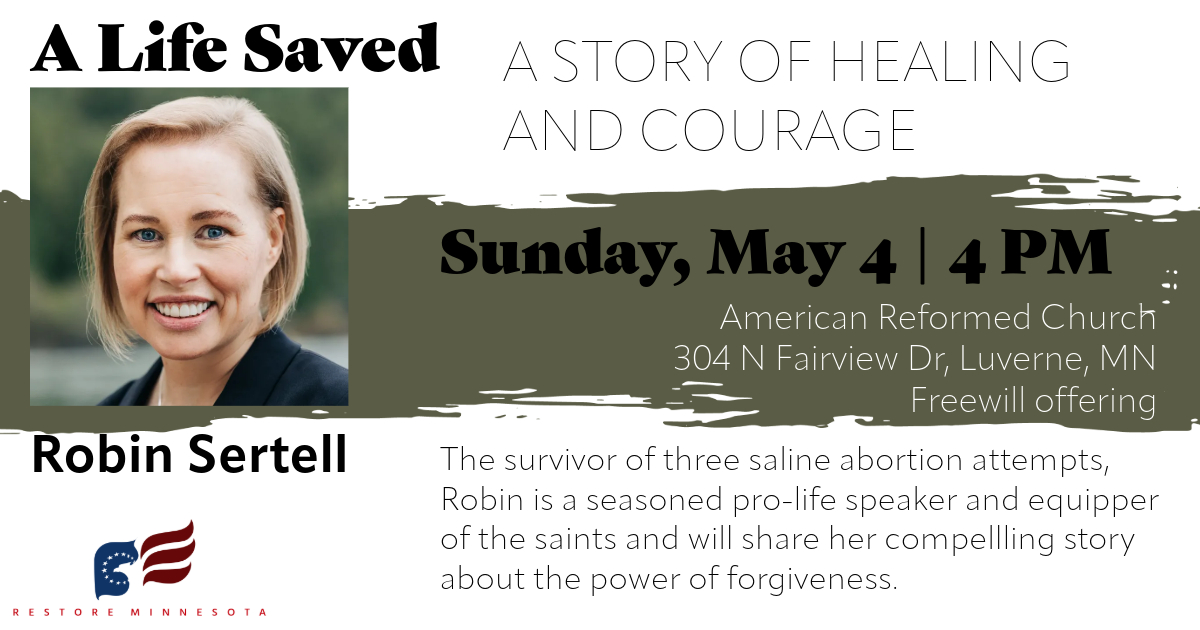I would like to begin my article by making a judgment that many people in the church misinterpret what the Bible says about judging. Over the past few weeks I have been in conversations where someone has said, “I know I’m not perfect and I know we’re not supposed to judge, but…” or “We have to be careful not to judge…” or “I’m struggling with the concept of judging others.” So, should we or should we not judge?
The answer is yes, we must judge in the sense that we must be discerning. God expects us to make judgments. How can a person distinguish right from wrong unless they make a judgment? In Hebrews 5 the writer implies that the word of God is useful in making judgments between good and evil.
In Mark 12:38, Jesus warned the disciples to watch out for the teachers of the law because of the way they abused their power and exploited the poor. He expected them to make a sound judgment. Proverbs 31:9 commands us to, “Speak up and judge fairly; defend the rights of the poor and needy.”
Failure to judge is not only irresponsible, it is also uncaring. In I Corinthians 5 Paul chastises the church because they passively sat by knowing that a man was having sex with his mother. Actually it says they were proud of it. Paul instructs them to make the judgment of expelling the sexually immoral brother to be handed over to Satan.
I can remember when our boys where young, we wouldn’t allow them to play with one of the neighbors because he was bad influence. Was it wrong for us to judge that other young man?
And the answer is also no, we must not judge. Jesus said in Matthew 7:1, “Do not judge, or you too will be judged. For in the same way you judge others, you will be judged, and with the measure you use, it will be measured to you.” So is Jesus contradicting himself? No, what Jesus is implying here when he says we must not judge is that we must not judge critically or hypocritically. May it not be so with us in making judgments that tear people down in order to build ourselves up, but rather we must be charitable in our judgements.
In Matthew 7:3 Jesus gave an example of hypocritical judgment. “Why do you look at the speck of sawdust in your brother’s eye and pay no attention to the plank in your own eye.” In other words, it’s foolish for me to be concerned with some tiny issue in another person’s life when I have some major sin issues in my own life. For example, can we criticize the government for wasteful spending, when we waste so much ourselves?
If we are going to judge someone else’s sin clearly we must first be clear about our own sin. The point of making judgements must always be for the purpose of helping, and I can’t be effective in helping someone with their speck until I resolve my log issue.
Paul gives instruction on how to make charitable judgements to the Galatians in chapter six, “Brothers, if someone is caught in a sin, you who are spiritual should restore him gently. But watch yourself, or you also may be tempted.” When helping someone caught in sin we must do so without condemnation, but rather with gentleness, humility, compassion and grace.
To judge or not to judge; that is the question. And the answer is yes. May it be said of ARC that our judgments are designed to protect, transform, and strengthen others. Like Jesus may our judgments always be filled with truth and grace.
Grace to you, and peace, Mike Altena











